tralac Training: Feedback from tralac alumni
We are pleased to share with you feedback from some of our alumni – they reflect on the training at tralac and what this has meant for their careers.
|
I am a PhD Candidate at the Institute for Globalisation and International Regulation (IGIR), Faculty of Law, Maastricht University, the Netherlands I attended the online training “Trade in the 21st Century – Legal and Policy Considerations for Africa”. I learnt a lot on trade policy issues of interest to African countries. From the multilateral trading system to the AfCFTA. New issues especially concerning investment, competition and trade facilitation were very resourceful to me, not only during my previous job as a researcher on trade and regional integration but also for my current PhD research. The course motivated me to explore more areas in trade and industrial policy and this is one of the reasons my PhD research focuses e-commerce agreements and development in African countries. I would definitely recommend the programme to whoever is interested in improving their understanding of trade policy issues from an African perspective. |
|
The tralac certificate course exposed me to the conversations in Trade Law, policies and practice. It also prepared me to engage in discussions on AfCFTA, regional integration and international relations. I have since enrolled in PhD Public Policy Studies at the Clemson University South Carolina where themes drawn from my learning at tralac guide my research. I would recommend tralac to anyone that wants to know, learn and understand the opportunities in the multidisciplinary practice of trade and international engagement. |
|
I am currently working as a Legal Research Officer at the Centre for Applied Legal Research (CALR). CALR is an independent research institute that empowers people, organizations and governments with sound and evidence-based legal and policy solutions and services that enhance development. CALR seeks to ensure that the law is utilized to respond to everyday societal challenges. As such, CALR offers legal expertise, resources, tools and technical support to governments, developmental partners, and civil society organizations. Its work links the law (as it is and as it ought to be) with developmental needs across the multiple sectors of a country’s economy. In this manner its inter-disciplinary work revolves around two thematic areas, namely: (a) Law, Democracy and Governance (b) Law, Economics and Science. As a Legal Research Officer at CALR, I am responsible for inter alia; conducting timely and accurate research and analysis on various areas of the law, determining and designing research methodologies for research assignments, professional review and editing of CALR research outputs and legal publications, assisting in the preparation of draft legislative texts and specialised legal training and capacity development I am also part of a group of Zimbabweans who contribute articles and blogs for publication in the Trade Eye – published by the Africa Centre for Customs and Excise Studies (ACCETS). I am also currently developing a proposal for a PhD in international trade law. My experience of the Internship programme at tralac I still remember my daily routine at tralac like it was yesterday. Every day I spent at tralac was a learning experience which helped to map my career path in the field of international trade law. Today I am part of the tralac Alumni network in Zimbabwe which started a training institute to carry out capacity building initiatives in Zimbabwe as well as research in international trade related issues. The internship programme was well balanced in that it provided an opportunity to forge relationships and networks with like-minded individuals from different countries who participated in the training course – International Trade Law and Policy for Africa’s Development. What I learned during the internship programme?
I strongly recommend everyone who has an interest in trade policy and Africa’s development to apply for the internship. It is an opportunity that will set the foundation for a career in international trade. |
|
tralac course was a key that opened my door to endless opportunities: I did a Master of Commerce Degree specialising in Management Practice in the field of Trade Law and Policy. I graduated in June 2014. I have also attended a number of Tralac workshops and annual conferences. The knowledge I acquired through Tralac courses gave me confidence to face the future with confidence. I no longer wait for opportunities in life but I now create them (opportunities). Instead of looking for employment, I now create employment. I run my customs and trade facilitation consultancy firm in Zimbabwe. I have registered an Africa Centre for Customs, Excise and Trade Studies (ACCETS) in Zimbabwe and a Southern Africa Customs Academy in Botswana. The Academies will have ripple effect on Tralac courses as I and other Tralac Alumni will share the knowledge we got from Tralac with our students. I have been and will continue recommending others to take Tralac courses. Photo: At UCT GSB, packing my bag on the last day of our lectures |
|
I am a tralac alumnus from Rwanda, and I have had several opportunities from tralac to attend different trainings and conferences, and I have to confess through the training on trade policy, tralac graciously offered me the opportunity to grow in my new career as a lawyer specialized on Trade and Commercial issues, because this opened my career horizons and extended my opportunities, and I am forever indebted to tralac for every connection, for contacts, conversation and opportunity. Without an ounce of doubt, I will recommend tralac for anyone who wishes to grow in his/her career. tralac is a unique centre of reference in regard to Trade Law and Policy at the continental level which offers unique insights and expertise in terms of trade law and policy. |
|
It was a formidable experience to be part of tralac Certificate Programme of 2019. The 2019 group portrayed the inclusive nature of tralac in the structural transformation of Africa. It was a great moment to meet fellows from almost all the Regional Economic Communities (RECs) which are the building blocks of the AFCFTA – the flagship programme of the AU. My experience from tralac has helped me to be part of a vast network of trade experts and helped me to participate in Regional trade conferences with the AFCFTA on agenda. The experience has also permitted me to be part of trade policy with TIPS South Africa and Trade Hackathon with UN ESCAP. The course on International Trade Law and development permitted me to garner knowledge in International Trade policy, the AFCFTA agreement and its protocols and annex. Other areas also included understanding the African regional integration agenda of the AU, functions of the WTO and Regional Trade Agreements. Trade remedies, tariffs and Non-Tariff Barriers (NTB), Technical Barriers to Trade (TBT) and Sanitary and Phytosanitary (SPS) measures were also part of the reach knowledge acquired. It was a great experience to be involved in data analysis and interpretation as I discovered the importance of data in decision making and policy formulation. Case studies and understanding dispute settlement mechanisms and bodies greatly enriched my knowledge. I am particularly elated because I have always recommended tralac which is a citadel of wisdom. One of the graduates of the 2020 Certificate from Cameroon has benefited from my recommendation. |
|
Fervently, the tag I hang on my 2017 tralac experience is that it was a continuous exciting period of ‘incubation and a springboard in my career’. As a proud tralac alumnus, I Justice Mudzamiri, highly recommend, tralac’s educative and skill packed Internship Programme open for young graduates in Trade Law, Investment and Economic Policy. Through the Internship, I actively participated in many projects and training at tralac. I reaped innumerable benefits at tralac these include confidence, data analysis, improved policy reviewing and drafting skills, writing and skills. Such amassed skills have shaped my thought process especially in the pursuance of a PhD qualification and problem-solving. Many thanks to the tralac team during my stay in Stellenbosch. I strongly recommend, this Internship Programme to graduates especially those with the ambition to be great leaders! |
|
Greetings. Ephraim Mukucha is my name. l am currently working for Zimbabwe Revenue Authority as a Legal Services Manager. Thanks to tralac for changing my life. Today l can safely debate any topic on trade and investment issues due to the knowledge gained as an intern at tralac. l am also a regular beneficiary of tralac’s capacity building programs. l have no reservations in recommending people to take part in tralac’s internship program. ln fact l have referred several students to tralac in order for them to enrich themselves with knowledge. Keep empowering people. |
|
The training was well received and structured systematically for a new experience of virtual training which saved costs for all parties involved but remained interactive. The take outs from the programme, including the current crisis in the WTO, Africa regional economic communities and the AfCFTA as well as dispute resolution. I will definitely recommend the programme in its current online format to more participants on the continent to develop their International Trade Law and Policy Development. |
|
I appreciated the program’s holistic perspective and emphasis on practical application of various skills and instruments o the rules-based trading system and my knowledge and understanding of the global trading system, multilateralism are stronger than ever. The participants and professors were fantastic and I have made life-long friends. |
|
I am pleased to have had the opportunity to benefit from such a well-designed, practical, informative, educational and innovative course My horizons on trade governance, law and administration was broadened. My perspectives have been challenged and I am now fully equipped with the knowledge gained to address national, regional and global trade issues. The interactive learning approach was great coupled with a well diverse class of participants with varied experiences made the sessions so enriching. Thank you TRALAC for making me a better trade practitioner and I sincerely hope that the journey continues. |
|
The Trade Law and Policy for Africa’s Development enhanced my understanding of the multilateral trading system. Specifically, it helped me to increase my knowledge of, and critically analyse the rules of the World Trade Organization (WTO) and their impact on domestic law and policymaking. The particular focus of the course on Africa and the deep interrogation of the African Continental Free Trade Area (AfCFTA) gave me invaluable insights into the strengths and limitations of the agreement towards the achievement of sustainable economic development on the continent. These practical insights are going to be valuable in my daily job as an Assistant Director in the Department of International Relations and Cooperation. |
|
I am very grateful to tralac for offering me such a rare training opportunity. It was intense, exciting yet very insightful. Now I can confidently write legal opinions and do researches on trade from a well-informed perspective. |
|
One of the highlights of my year! This course (2020 tralac Certificate: International Trade Law and Policy for Africa’s Development) gave me a solid overview of the trade landscape across Africa, as well as insight into the important technical issues rarely discussed in the popular press. Without it, I doubt our organization – which focuses on internationalising African SMMEs – would be asking the right questions and formulating promising approaches. I highly recommend the experience and am glad the tralac team brought their best even to an online programme. We even had a community! |
|
My TRALAC experience was very insightful, eye opening and exciting. I learnt so much in a short time and that I now consider myself a Trade Expert in African matters. Thank you... you are making the difference. |
|
It was privileged to be part of tralac internship program between August-November, 2019. It was really a season of learning, unlearning and re-learning for me. It was characterised by new experiences, exposures and new perspectives. During the period of the internship, I learnt how to use trade and tariff data using the ITC Market Analysis Tools – Trade Map and Market Access Map. The knowledge so garnered helped me to know how to develop trade and tariff profiles of countries and same represented through graphical Piktochart. Furthermore, in terms of human development and skills, I learnt the benefits of team work, coordination, excellence and professionalism from and among the members of the tralac team. I would gladly and humbly recommend the internship program for all and sundry who desires and wants a career in international trade and other matters related. Presently, I am a Senior Counsel in the law firm of Abiodun Dada & Co, Legal Practitioners, Consultants and Notary Public located in Ilorin, Kwara State of Nigeria. |
|
Thank you very much for this learning experience, I do not take it lightly. The program (tralac Certificate: International Trade Law and Policy for Africa’s Development) gave me a better understanding of Africa’s trade. It opened my eyes to what is really happening in the trade world. You find that not all of us have the privilege of being taught even the fundamental principles of trade and this program closed that gap. Being involved in the Phase I AfCFTA negotiations, this came at the perfect time because now I am more knowledgeable on the subject matter. My wish is for all my colleagues under our International Trade Law Unit to also enrol for the course. I am confident it will also be beneficial for them, as it is for me. |
|
I am pursuing my interest in research related to intra-African trade and part-time lecturing on trade. The experience of being part of tralac’s training programme (MCom) was fantastic as it comprised participants from different countries, different cultures and different national trade experiences. The entire programme was an eye-opener to me with respect to the importance of intra-regional trade within the African regional economic communities such as SADC and COMESA and the importance of cross-trade facilitation. General reduction of import tariffs without equally reducing the invisible trade costs in the form of Non-Tariff Barriers (NTBs) means that trade and transaction costs will still inhibit intra-Africa trade. NTBs greatly impede trade and frustrate cross-border trade facilitation, at the same time increasing the administrative burden on customs administrations at all ports of entries across Africa. Unless they address these issues, governments will find their objectives of economic growth and development, poverty reduction through trade, reduction of levels of unemployment and trade creation remaining ever elusive. Balancing acts are always needed if the trade locomotive is to start gaining meaningful trade traction through intra-African trade! I highly recommend tralac’s programmes – especially to government trade policy makers, government trade negotiators, policy administrators and implementers, researchers, academia and the respective private sectors (transporters, exporters, importers, brokers or clearing agencies etc.) |
|
This course (2020 tralac Certificate: International Trade Law and Policy for Africa’s Development) is quite relevant to trade and development in Africa. I appreciated the clarity of the WTO texts that I developed through this course, as well the discussion of what is necessary to make the AfCFTA work. The achievements and integration progress at REC levels in Africa were also well explored. The course also satisfactorily covered very important contemporary global issues in trade such as Covid-19, the Appellate Body issue at WTO, US-China Trade war, Brexit etc. Most important of all is the ability of tralac course coordinators to demystify trade concepts and procedures which are quite often perceived as complex, including, inter alia, trade data analysis by Investigations Authorities to effect appropriate trade remedy measures. All in all, the course was insightful, relevant and timely, with a well-blended policy-law approach. |


 MUNU MARTIN LUTHER
MUNU MARTIN LUTHER CHIKEZIE ADINDU
CHIKEZIE ADINDU OBERT BORE
OBERT BORE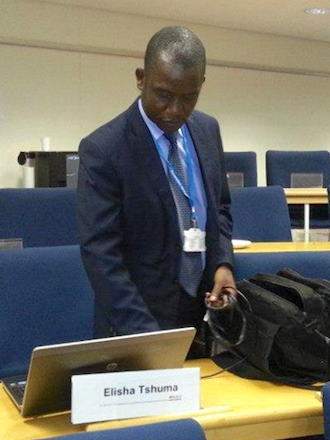 ELISHA TSHUMA
ELISHA TSHUMA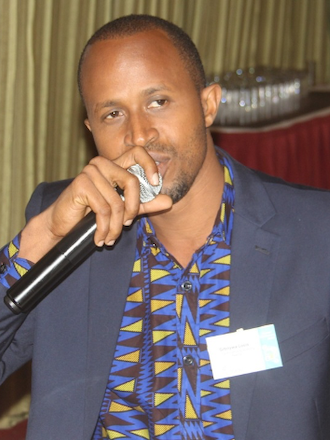 LOUIS GITINYWA
LOUIS GITINYWA MARCEL MOKOM
MARCEL MOKOM JUSTICE MUDZAMIRI
JUSTICE MUDZAMIRI EPHRAIM MUKUCHA
EPHRAIM MUKUCHA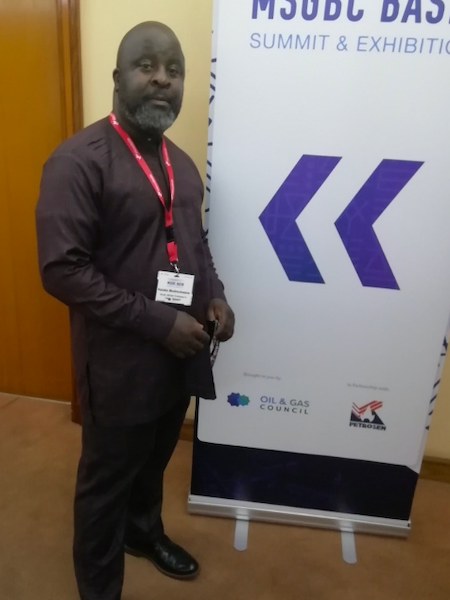 KARABO MODIMOKWANE
KARABO MODIMOKWANE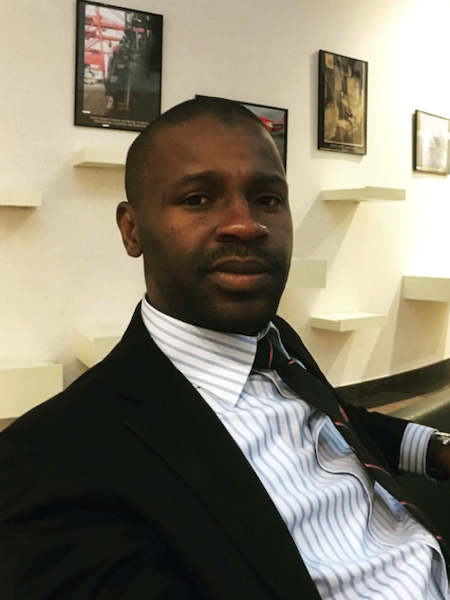 ABUBAKAR HARUNA
ABUBAKAR HARUNA EMMANUEL KONJOH
EMMANUEL KONJOH BATHO MOLAPO
BATHO MOLAPO EDNA ODUWO
EDNA ODUWO MLUNGISI DLAMINI
MLUNGISI DLAMINI ROSE RONOH
ROSE RONOH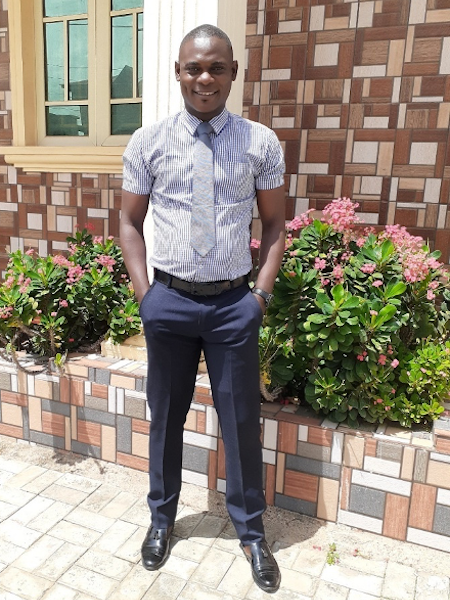 BUKOLA OYALEKE
BUKOLA OYALEKE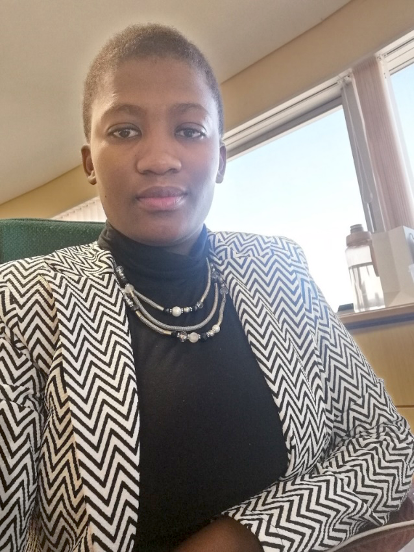 KEMOABETSWE SEEMULE
KEMOABETSWE SEEMULE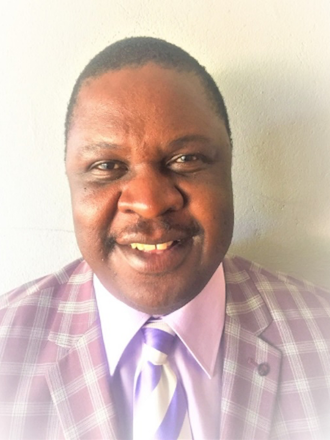 RWATIDA MAFURUTU
RWATIDA MAFURUTU RICHARD CHIMWEMWE KUBWALO
RICHARD CHIMWEMWE KUBWALO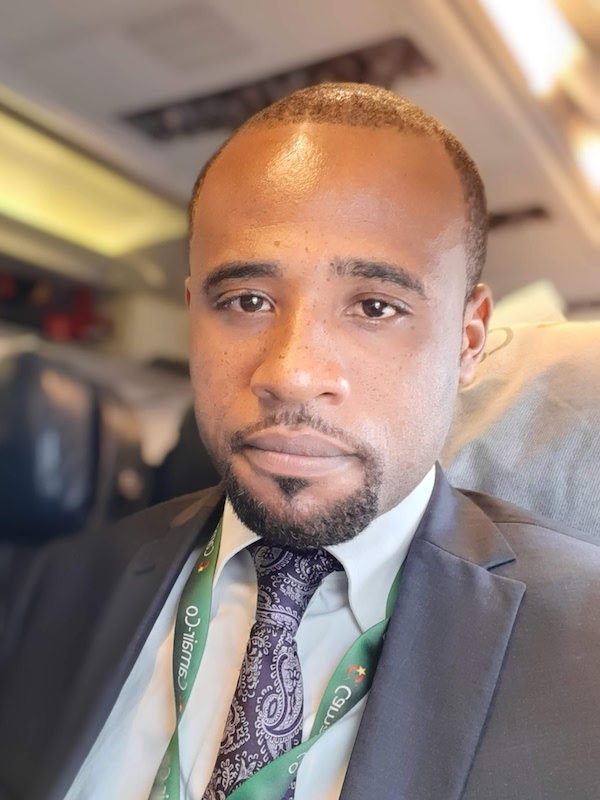 ABONG BEBEY BLAISE
ABONG BEBEY BLAISE BERU LILAKO
BERU LILAKO ANETTE MIA
ANETTE MIA NKWELLE DERICK MEJAME
NKWELLE DERICK MEJAME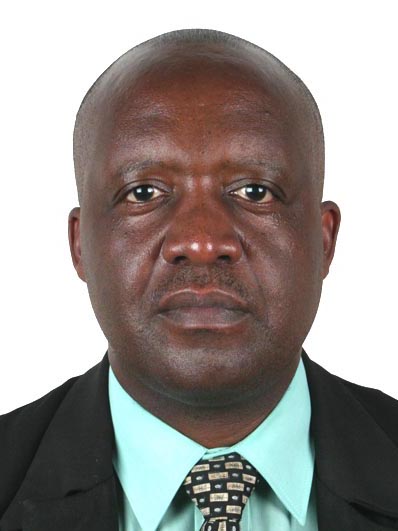 INNOCENT MURANGANWA
INNOCENT MURANGANWA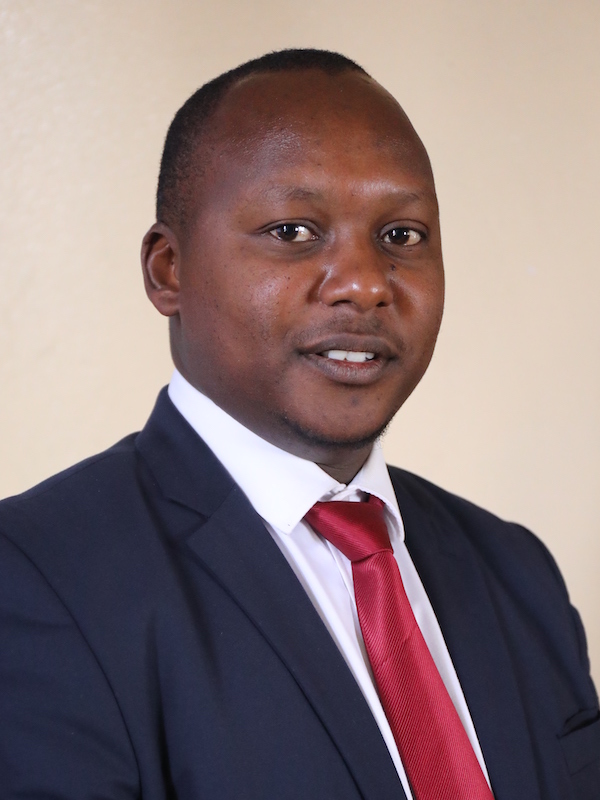 SAMWEL RERE
SAMWEL RERE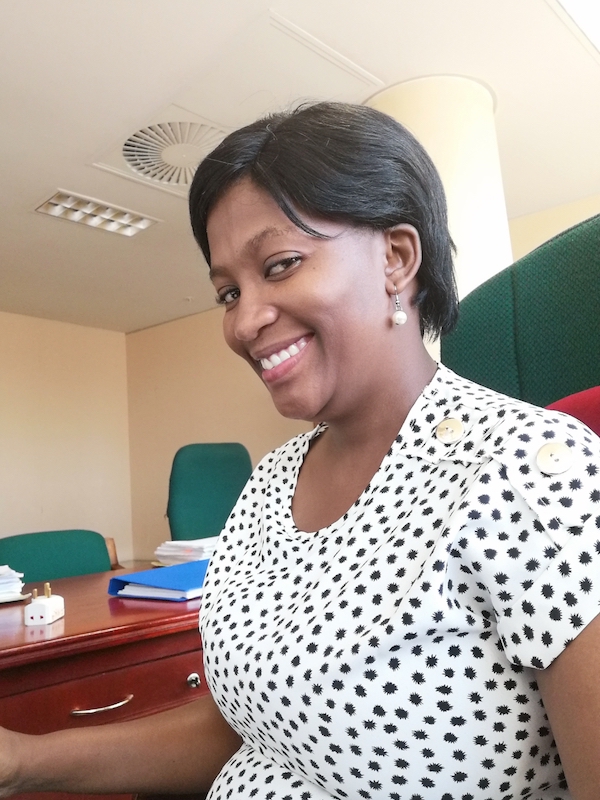 KEMOABETSWE C. SEEMULE
KEMOABETSWE C. SEEMULE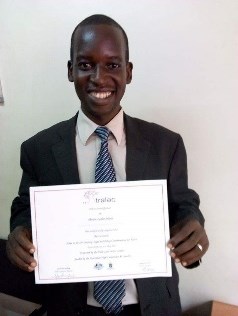 Martin Luther Munu
Martin Luther Munu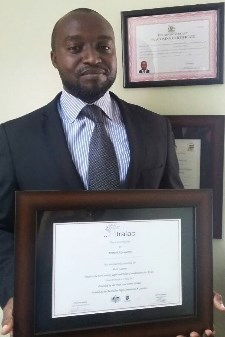 Kenneth Akampurira
Kenneth Akampurira.png) .
. .png) .
. .png)